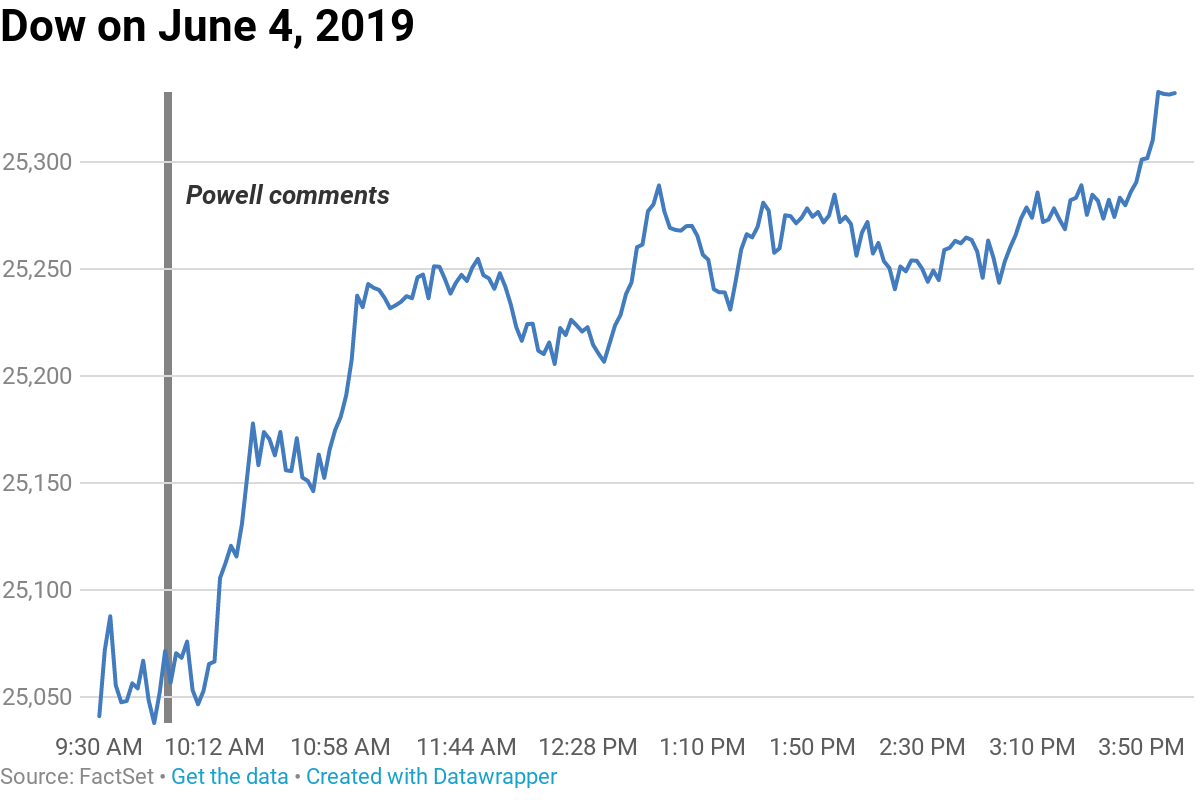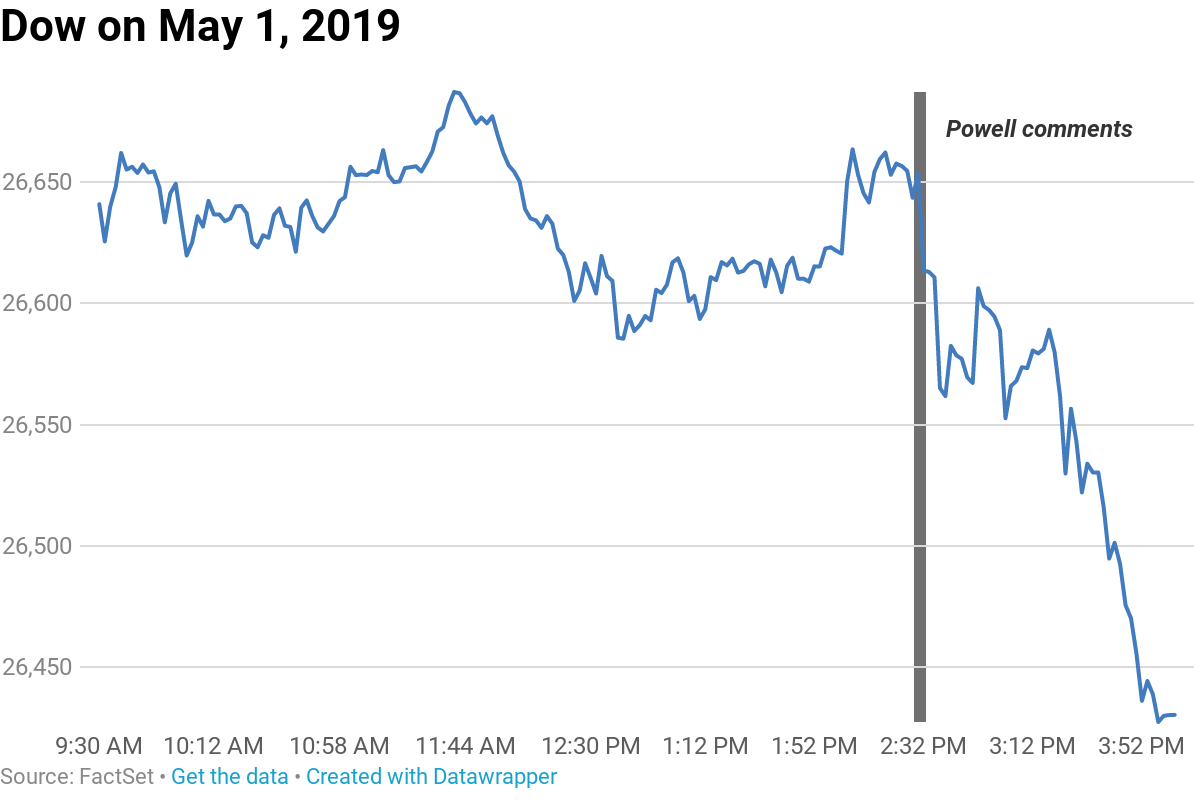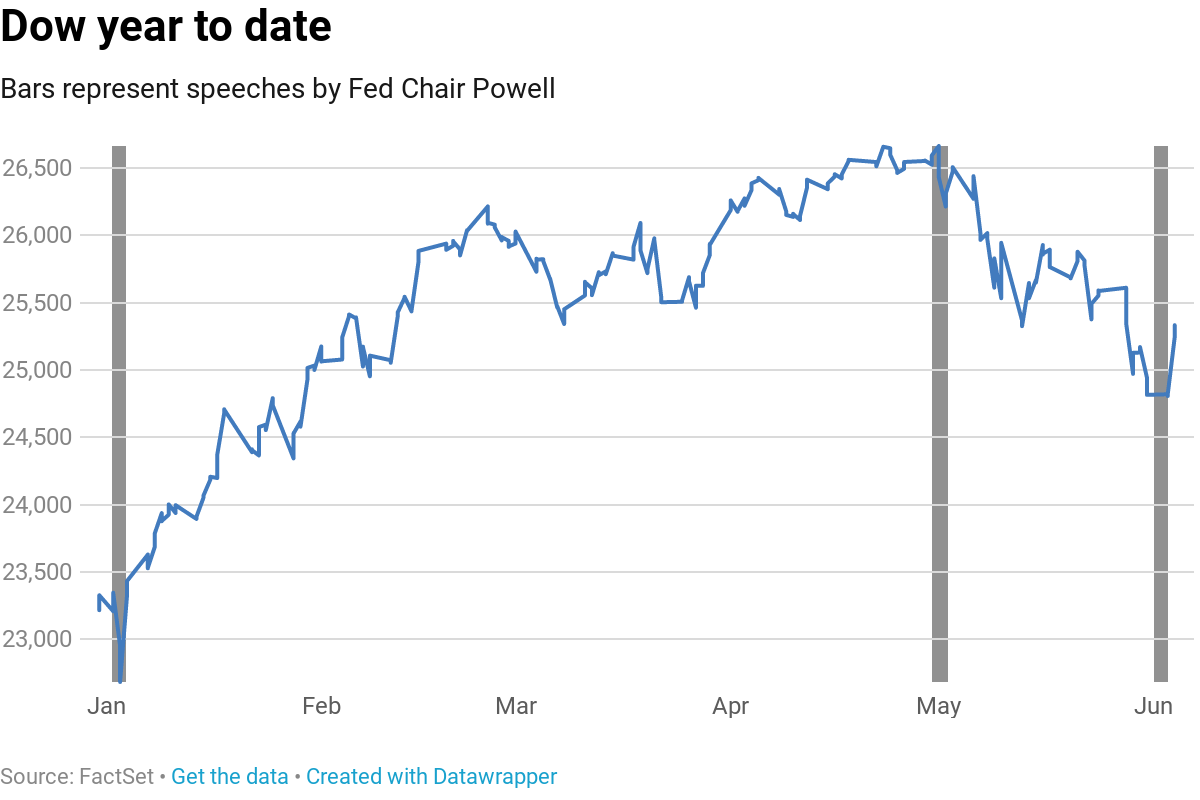
Workers transport soil containing rare earth elements for export at a port in Lianyungang, Jiangsu province, China October 31, 2010.
Stringer | Reuters
European manufacturers will need to keep an eye on China's "near-monopoly" on the extraction and supply of rare earth minerals as they move toward electric power, experts have told CNBC.
Rare earths — minerals found in a wide range of everyday consumer electronics — hit the headlines over the past week as China hinted at stopping the export of rare earths to the U.S., after Washington increased tariffs on $200 billion worth of Chinese goods.
The group of 17 minerals aren't actually rare, but are produced in fairly scarce quantities compared with abundantly mined metals like copper. They have grown in prominence in recent years due to their use in high-tech equipment, defense manufacturing and electric vehicles.
China extracted 70% of the world's rare earths in 2018.
Martin Eales, CEO of London-listed Rainbow Rare Earths, which runs an ongoing mining project in Burundi, told CNBC that China may not opt for an outright export ban but rather a reduction in its production quota, which "by definition would reduce the amount of rare earths material available for export and potentially create supply problems for rest-of-the-world users."
The automotive revolution
The long-term concern for European manufacturers, however, will be the increased volume of rare earths required, according to the British Geological Survey's Science Director for Minerals, Andrew Bloodworth.
As the automotive sector moves from internal combustion engines to electric vehicles, many of those electric motors will rely on high field strength electric magnets which contain rare earth components.
"This isn't going to happen overnight, but as the automotive sector moves from petrol and diesel power to electric, you can make a very efficient small powerful electric motor using high field strength magnets," Bloodworth told CNBC.
"The difference there is just that the volumes required to manufacture the millions and millions of cars every year are going to change the game, because they're going to up that demand for materials."
Vertical integration
Bloodworth suggested that the Chinese are aware of the changing portfolio of materials required by the auto industry, adding that they are "particularly interested in selling the global automotive sector motors or even finished cars rather than rare earths."
"So we may see the market operating in a sense that if this demand does ramp up quickly, prices will rise, therefore some of these projects which are kicking around in the rest of the world will come to pass because they will become more attractive to investors," he said.
At the moment, non-Chinese mines are a difficult proposition for investors owing to the scale of Chinese dominance, but Bloodworth suggested any imposition of tariffs or restrictions would be "nuanced," as it would not be in Chinese interests to hike prices in a way that encourages alternative supply sources to enter the market.
Eales agreed that an added interest for companies like Rainbow, operating non-Chinese mines, is "speculation as to how it may fit into a future supply chain that attempts to bypass China entirely."
"There is going to be so much demand from the vehicle market for rare earths that some of these projects will come to pass anyway," said Bloodworth.
"They may be acquired by Volkswagen or Toyota for instance — they will be buying supply and vertically integrating. "
He suggested that Europe was becoming more concerned about the raw material supply chain, owing to its role as a major producer of finished vehicles and the threat that Chinese monopolization of the supply chain poses.
The British Geological Survey has been communicating to the British government the importance of understanding this shifting tide for global manufacturing.
https://www.cnbc.com/2019/06/06/rare-earths-why-europe-needs-to-monitor-chinas-threat.html
2019-06-06 05:07:44Z
52780309750556






